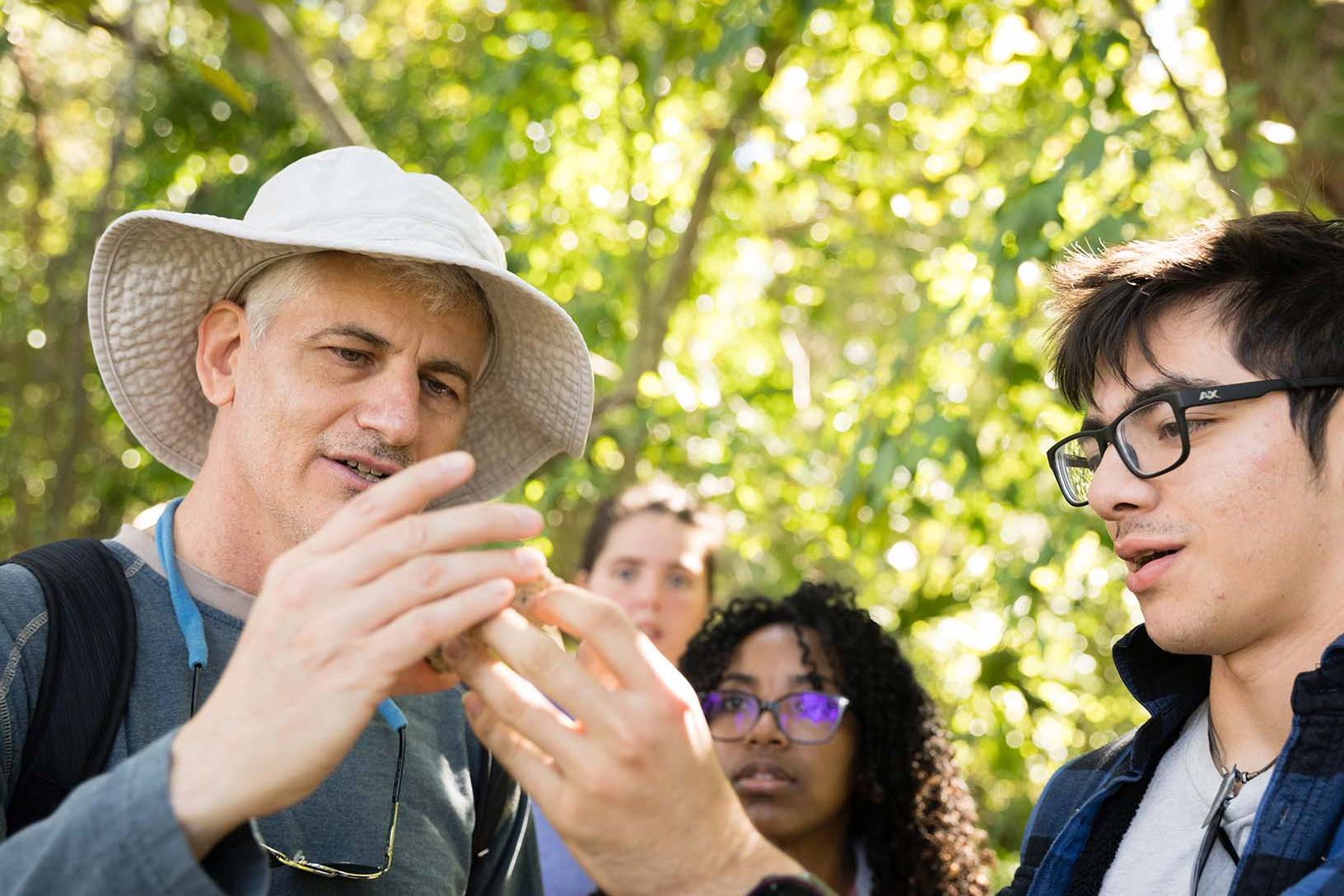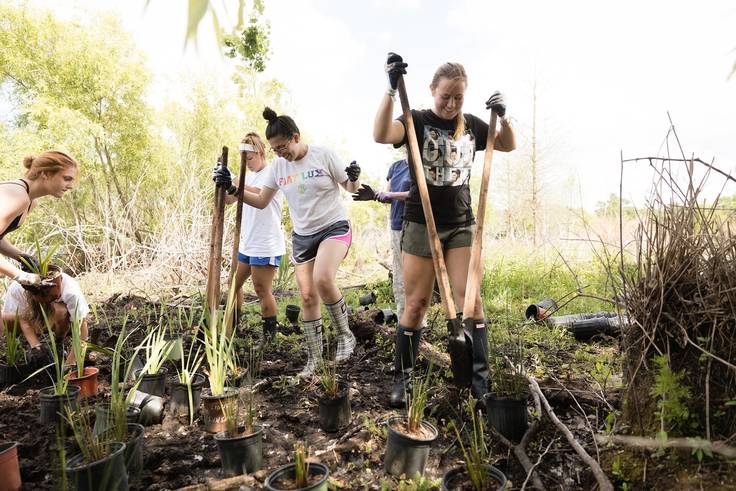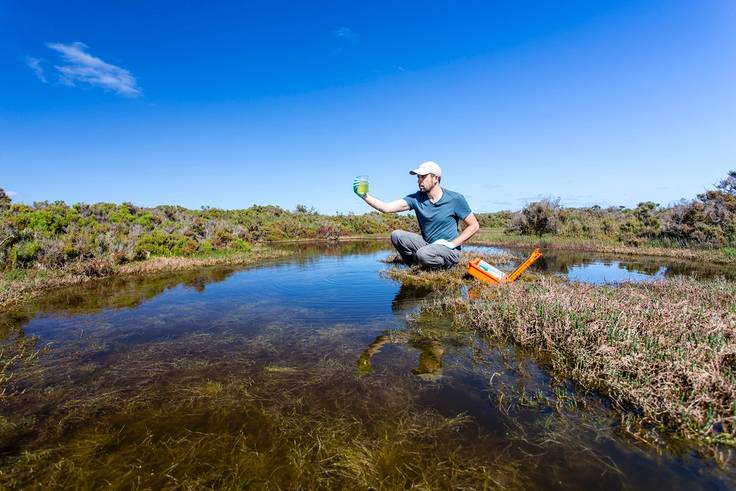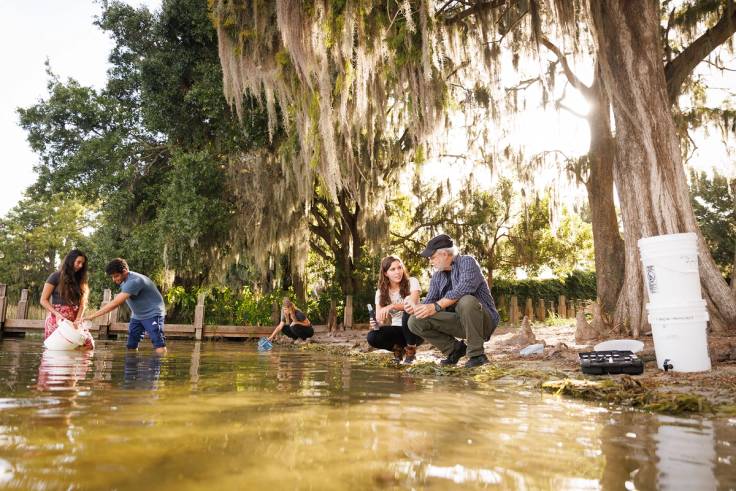
What You Will Learn As A Environmental Studies Major
Environmental Studies Department Mission
The interdisciplinary environmental studies major prepares students to address the challenge of sustainability through an understanding of the ecological, political, economic, historical, ethical, and social dimensions of environmental issues.

Global Citizenship
Most environmental problems do not respect international or disciplinary boundaries. Our program is designed to provide you with the tools to tackle problems from an interdisciplinary perspective. You will study the historical roots of environmental issues and the protection of resources for economic development and public wellbeing. You will examine environments from ecosystems to cities, in both developed and developing nations, focusing on sustainability – how to live in ways that are ecologically and ethically sound and aesthetically engaging. Environmental stewardship is ultimately a question of effectively addressing the two ethical imperatives of the 21st century: 1) providing a decent quality of life for all the earth’s inhabitants; and 2) sustaining the basic natural systems upon which all life depends. Environmental stewardship is at the heart of the College’s mission of global citizenship and responsible leadership.

Responsible Leadership
The curriculum provides a foundation of knowledge that will enable you to play a leadership role in addressing environmental problems.

Productive Careers
Field-based, experiential learning experiences are embedded throughout our Environmental Studies curriculum. These experiences play a key role in challenging you to apply what you have learned in class, boosting confidence in your knowledge and abilities, reinforcing your practice of global citizenship, and facilitating your transition to a meaningful career.
Through our student-centered curriculum, you will gain an interdisciplinary background in several related areas of study or a concentration in a particular discipline as a basis for graduate study. Ultimately, you will be prepared for a productive career in a field that provides a foundation for a meaningful life.
Florida has been the forefront in pioneering innovative solutions to environmental problems in recent years, giving Rollins Environmental Studies students a distinctive advantage. Our courses involve you in real-world environmental issues through international and domestic field experiences, internships, guest lectures and project-based courses.

Meaningful Lives
The Environmental Studies program strives to help you develop into a thoughtful, creative graduate with the skills and knowledge to make our community and world a better place.
Interested in Studying Environmental Studies at Rollins?
Sign up to receive more information about living and learning at Rollins.
